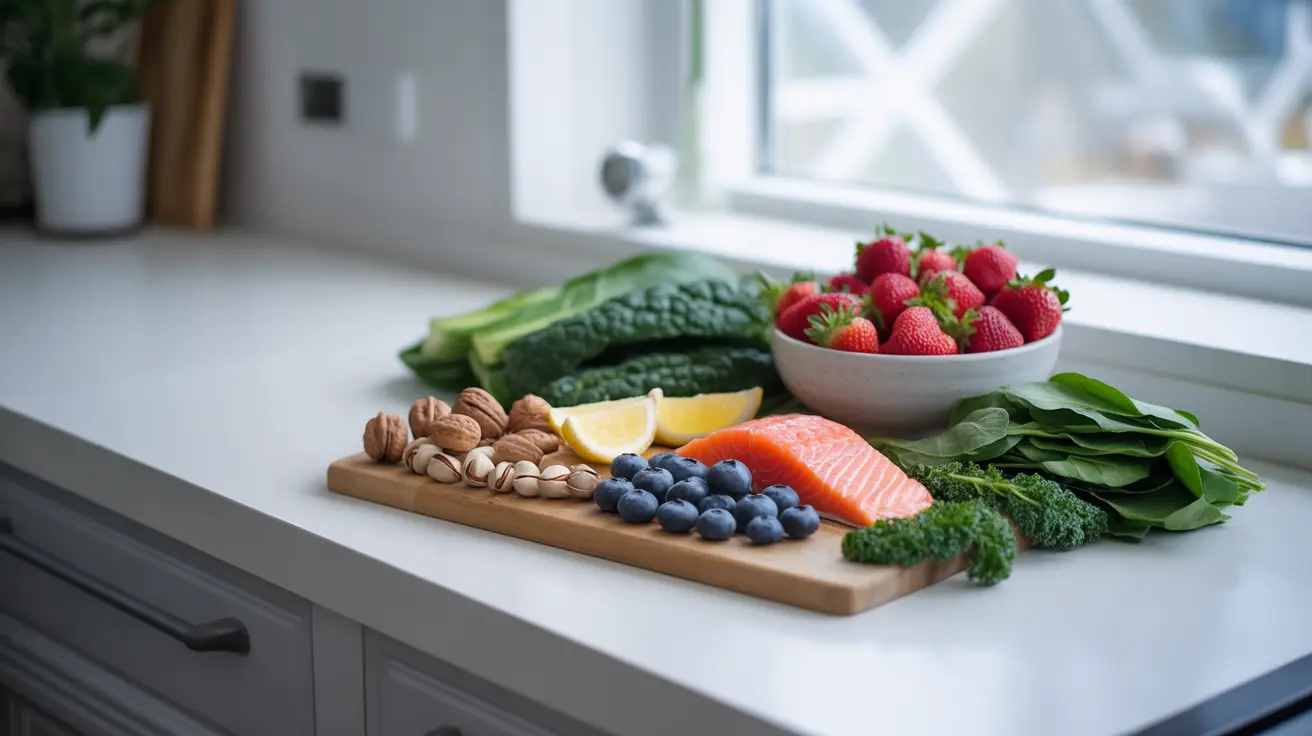If you're trying to conceive, understanding the key factors that influence fertility can significantly improve your chances of getting pregnant. From tracking your ovulation to making strategic lifestyle changes, several evidence-based approaches can help optimize your fertility and increase the likelihood of conception.
This comprehensive guide explores the most effective methods for boosting your chances of getting pregnant, backed by medical research and expert recommendations.
Understanding Your Fertile Window
Your fertile window represents the optimal time for conception during your menstrual cycle. This period typically occurs about 12-16 days before your next period starts, when ovulation takes place.
Tracking Ovulation Effectively
Several methods can help you identify your fertile window:
- Ovulation predictor kits (OPKs)
- Basal body temperature charting
- Cervical mucus monitoring
- Fertility tracking apps
- Calendar tracking
Using a combination of these methods can provide the most accurate prediction of your fertile days, helping you time intercourse for optimal conception chances.
Optimal Nutrition for Fertility
A balanced, nutrient-rich diet plays a crucial role in promoting fertility and preparing your body for pregnancy.
Essential Nutrients for Fertility
Focus on incorporating these fertility-boosting nutrients into your diet:
- Folic acid from leafy greens and fortified grains
- Iron from lean meats and legumes
- Omega-3 fatty acids from fish and nuts
- Antioxidants from colorful fruits and vegetables
- Protein from quality sources like eggs and lean meats
Timing and Frequency of Intercourse
The timing and frequency of sexual intercourse can significantly impact your chances of conception. Having regular intercourse throughout your cycle, with increased frequency during your fertile window, typically offers the best chances of success.
Optimal Intercourse Schedule
Research suggests having intercourse every 1-2 days during your fertile window maximizes your chances of conception. This ensures a healthy supply of sperm is available when ovulation occurs.
Lifestyle Modifications for Enhanced Fertility
Making specific lifestyle changes can positively impact your fertility and increase your chances of getting pregnant:
- Maintaining a healthy weight
- Regular moderate exercise
- Reducing caffeine intake
- Quitting smoking
- Limiting alcohol consumption
- Managing stress effectively
The Role of Prenatal Vitamins
Starting prenatal vitamins before conception can help prepare your body for pregnancy and support fertility. These supplements provide essential nutrients that may be difficult to obtain through diet alone.
Frequently Asked Questions
How can tracking ovulation help increase my chances of getting pregnant?
Tracking ovulation helps you identify your fertile window, which typically occurs 12-16 days before your next period. By knowing when you're most likely to ovulate, you can time intercourse accordingly, significantly increasing your chances of conception.
What are the best foods and nutrients to eat for improving fertility?
Foods rich in folic acid, iron, omega-3 fatty acids, and antioxidants are essential for fertility. Focus on consuming leafy greens, whole grains, lean proteins, fish, nuts, and plenty of fruits and vegetables to support reproductive health.
How often should couples have intercourse to maximize the chance of conception?
Having intercourse every 1-2 days during your fertile window (typically days 12-16 of your cycle) provides the optimal chance of conception. Regular intercourse throughout the cycle is also beneficial for maintaining healthy sperm production.
What lifestyle changes can improve fertility and help me get pregnant faster?
Key lifestyle changes include maintaining a healthy weight, exercising moderately, quitting smoking, limiting alcohol and caffeine intake, managing stress, and getting adequate sleep. These modifications can significantly improve your fertility and chances of conception.
Are prenatal vitamins important for boosting fertility before pregnancy?
Yes, prenatal vitamins are important for fertility as they provide essential nutrients like folic acid, iron, and other vitamins that support reproductive health and prepare your body for pregnancy. Starting them before conception can help ensure your body has optimal nutrient levels when trying to conceive.




